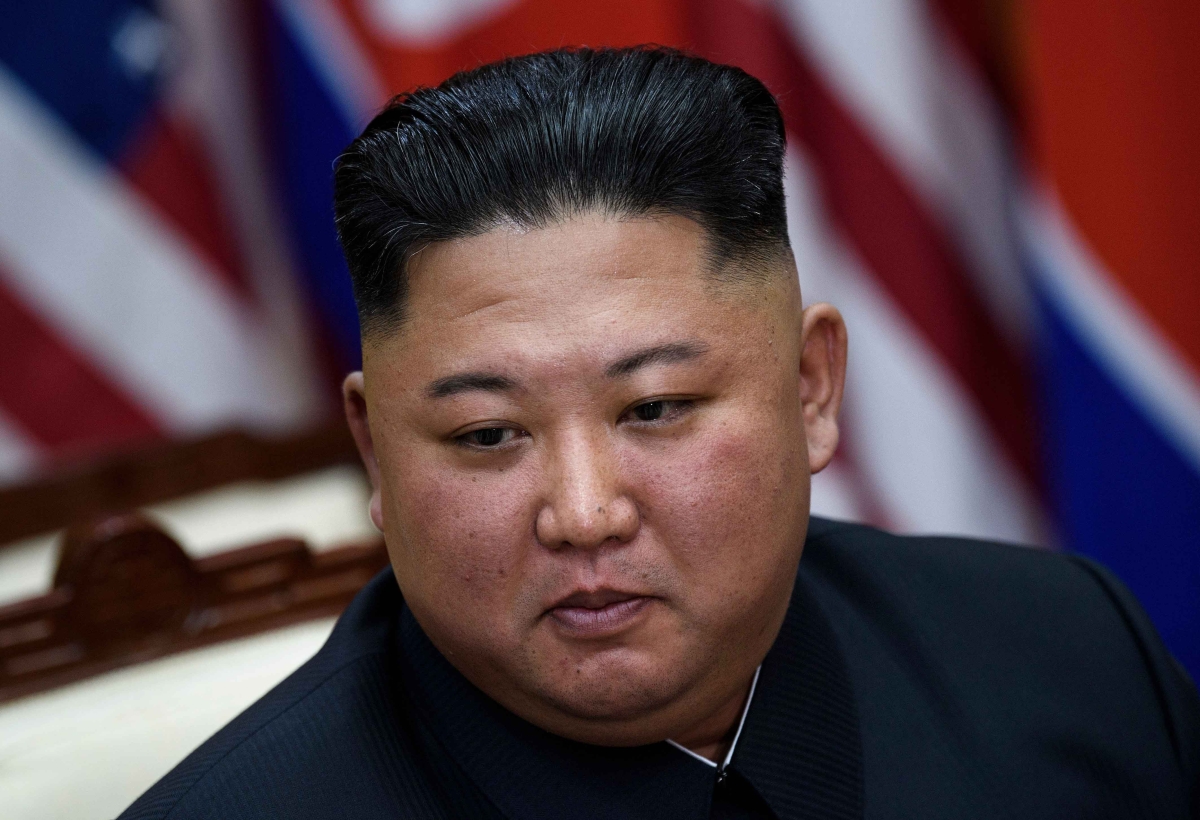Asia In-Depth Podcast: North Korea's Public Health Vulnerability

North Korea's leader Kim Jong Un before a meeting with US President Donald Trump on the south side of the Military Demarcation Line that divides North and South Korea, in the Joint Security Area (JSA) of Panmunjom in the Demilitarized zone (DMZ) on June 30, 2019.
Brendan Smialowski/AFP/Getty Images
Subscribe in iTunes ∙ RSS Feed ∙ Download ∙ Full Episode Archive ∙ Listen on Spotify
In the days after reports emerged of a new infectious disease in Wuhan, China, North Korea took quick action to prevent the coronavirus' spread, sealing the country's borders and imposing a quarantine. But with widespread poverty and a weak public health system, even North Korean officials have acknowledged that a major outbreak would be disastrous for the country.
In the midst of this came North Korean leader Kim Jong-Un’s unexplained disappearance in April followed by his sudden resurfacing nearly three weeks later. Should Kim, at some point, no longer be able to lead, who — if anyone — is next in line? And how can we assess the stability of the nation’s leadership and its public health vulnerability?
In this episode of Asia In-Depth, Asia Society Policy Institute Vice President for International Security and Diplomacy Daniel Russel explores these questions with two experts on North Korea — Harvard Medical School scholar Dr. Kee B Park, who leads an effort to assist doctors in North Korea, and Brookings Institution Senior Fellow, Dr. Jung H. Pak, an author, and former deputy national intelligence officer at the National Intelligence Council.


